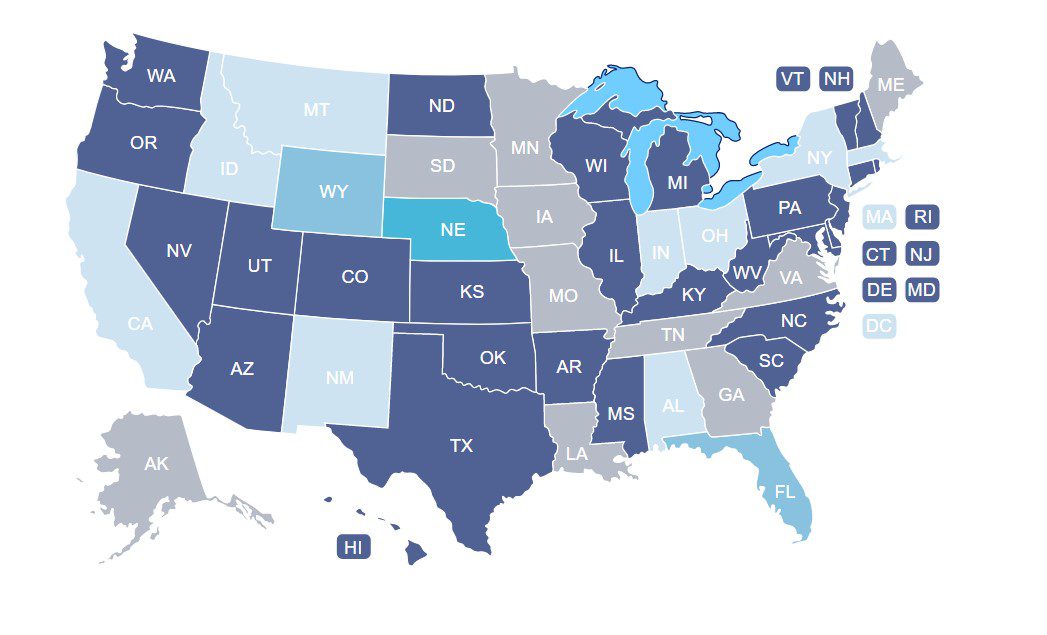
State Report Cards: Grading Criminal Record Relief Laws for Survivors of Human Trafficking
Many survivors of human trafficking exploited in the commercial sex industry or other labor sectors have been arrested for offenses stemming from their victimization. Resulting criminal records – both arrest and court documents – then follow survivors and create barriers that impact their independence, stability, and safety. In 2010, New York became the first state to allow trafficking survivors to clear certain charges from their criminal records. In the years since, almost every state has enacted some form of criminal record relief for trafficking survivors. However, these laws vary greatly. Many are too limited to offer meaningful relief. Others include conditions that make relief inaccessible. This report analyzes existing state criminal record relief laws for survivors of human trafficking, grades the laws, and recommends best practices. The grading rubric was designed by researchers and practitioners and informed by the experiences of criminalized survivors of trafficking. The resulting “report cards” attempt to codify an ideal criminal record relief law for trafficking survivors. The hope is that this framework will serve as a blueprint for policymakers and advocates as to how best to draft, amend, or implement state law and that this will lead to more accessible relief for survivors across the country regardless of where their arrest or conviction occurred.
Click here to read the full report.
